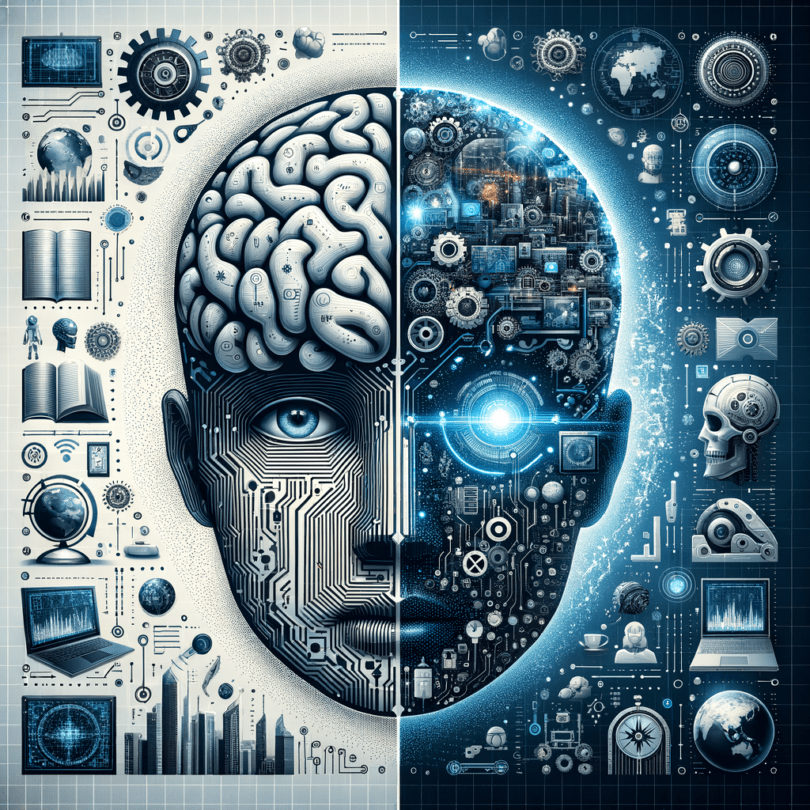Every morning, before we even fully awaken, we’re already immersing ourselves in a world shaped by artificial intelligence (AI). The alarm app on our smartphone, which gently rouses us according to our sleep cycle, the newsfeed tailored to our interests, and even the route suggested by our navigation system for our daily commute – all are courtesy of AI. A realm that quite recently existed only in the cinematic universe of sci-fi has now stealthily wrapped itself around our everyday lives. So, what does the future hold in this rapidly proliferating field? Let’s dive into the fascinating world of AI, examining the recent breakthroughs, predicting what lies on the horizon, and addressing the ethical decisions that inevitably accompany this advanced technology.
Let’s begin by appreciating the advances that have already established themselves as game-changers in the world of artificial intelligence. One could argue that the evolution of AI can be best encapsulated with two words – Machine Learning (ML). Machine learning, a branch of AI, endows systems with the capability to learn and improve from their experiences without being explicitly programmed. From predicting your next online purchase to developing the newest interacting smart speakers like Amazon’s Alexa, machine learning is reshaping our world in very real, tangible ways.
However, this is just the tip of the iceberg. There’s a more profound, ambitious dimension of AI – Deep learning. Deep learning involves artificial neural networks inspired by the human brain, allowing machines not only to learn but also understand, interpret, and utilize vast amounts of data. These networks have led to astonishing breakthroughs in the field of computer vision, speech recognition, and natural language understanding. One captivating example includes Google’s DeepMind, which learned to play (and win in) 49 Atari games using deep reinforcement learning.
Postulating the future of AI might feel similar to stargazing; the longer you look, the more you see. The future promises a plethora of unprecedented technologies, including hyper-automation, which amalgamates AI, ML, and robotic process automation, propelling us towards an era of increased productivity and efficiency. The nascent field of AI in healthcare predicts exponential growth, promising early disease detection, novel treatments, and improved patient care. Autonomous vehicles that are not just prototypes but mass-market norms can be another reality soon.
Yet, as the AI horizon broadens, the ethical landscape becomes more complex and treacherous to navigate. Questions about privacy, security, and even the philosophy of what it means to be human become paramount. Can we teach AI to make moral decisions? Who’s responsible if a self-driving car crashes or an AI-driven diagnostic tool misses a critical health concern? These are not distant queries, but imminent dilemmas that demand attention.
In conclusion, being at the precipice of true AI revolution, we are, in the words of famous computer scientist Alan Kay, “busy making the future”. It requires the concerted efforts of policy-makers, technologists, ethicists, and society at large. We must remember that the tool’s morality is a reflection of its craftsman, so while we ambitiously trail-blaze towards AI marvels, we need to ensure that ethical frameworks don’t get lost in the labyrinth of codes and algorithms.
AI, in all its glory and potential peril, is firmly the future, and we are not just observers but actors in this exciting narrative. As we tread with hope and caution, one thing remains clear: Artificial Intelligence doesn’t spell the end of human ingenuity; it’s the very proof of it.

